Resources
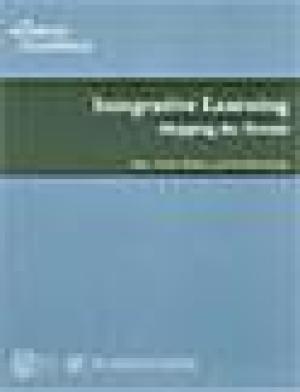
Integrative Learning explores the challenges to integrative learning today as well as its longer tradition and rationale within a vision of liberal education. In outlining promising directions for campus work, the authors draw on AAC&U's landmark report, Greater Expectations, as well as the Carnegie Foundation's long-standing initiative on the scholarship of teaching and learning. Readers will find a map of the terrain of integrative learning on which promising new developments in undergraduate education can be cultivated, learned from, and built upon. (From the Publisher)
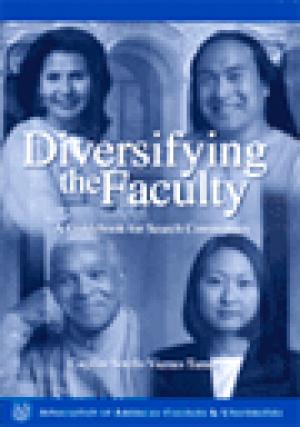
This monograph suggests ways in which an institution can diversify its faculty and facilitate the work of the search committee before a candidate ever reaches the interview stage. It outlines a step-by-step process to improve the likelihood of a successful search, and it recommends items to consider after a hire is confirmed to ensure that the new faculty member will be more likely to stay. The sections are: (1) Before the Search Begins; (2) The Search Process; and (3) After the Search. Appendixes contain a checklist of best practices, a list of leading institutions for minority Ph.D.s, a list of baccalaureate institutions identified as producers of numbers of female doctorates; and a list of Web resources of programs for building diverse faculties. An annotated bibliography lists 59 sources for additional information. (Contains 36 references.) (From the Publisher)
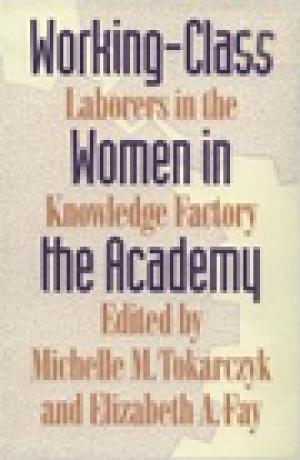
"My mother still wants me to get a 'real' job. My father, who is retired after forty-four years in the merchant marine, has never read my work. When I visited recently, the only book in his house was the telephone book." "I do not know that my mother's mother ever acknowledged my college education except to ask me once, 'How can you live so far away from your people?'. Thus write two of the twenty women from working-class backgrounds whose voices are heard in this unique collection of essays. Each of the women has lived through the process of academic socialization - as both student and teacher - and each has thought long and deeply about her experience from an explicitly feminist perspective. Among the questions the contributors explore, What are the issues - pedagogical, theoretical, and personal - that affect the professional and private lives of these women? How do they resolve tensions between their roles as middle-class professionals and their roots in working-class families? How do class and gender intersect in the academy? (From the Publisher)
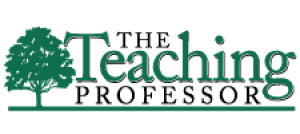
Journal Issue.
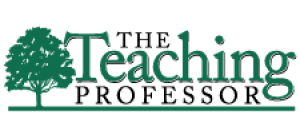
Journal Issue.
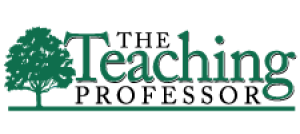
Journal Issue.
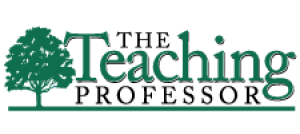
Journal Issue.

These autobiographical and analytical essays by a diverse group of professors and graduate students from working-class families reveal an academic world in which "blue-collar work is invisible." Describing conflict and frustration, the contributors expose a divisive middle-class bias in the university setting. Many talk openly about how little they understood about the hierarchy and processes of higher education, while others explore how their experiences now affect their relationships with their own students. They all have in common the anguish of choosing to hide their working-class background, to keep the language of home out of the classroom and the ideas of school away from home. These startlingly personal stories highlight the fissure between a working-class upbringing and the more privileged values of the institution. (From the Publisher)
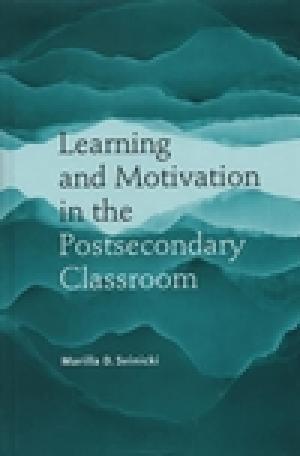
While there is much available research and theory about learning and motivation, until now there has been no resource that translates esoteric findings into everyday language and examples that can be readily applied in college classrooms. This book brings the findings and theories of educational psychology to classroom faculty, helping them to adopt a scholarly approach to understanding their students' learning problems. (From the Publisher)
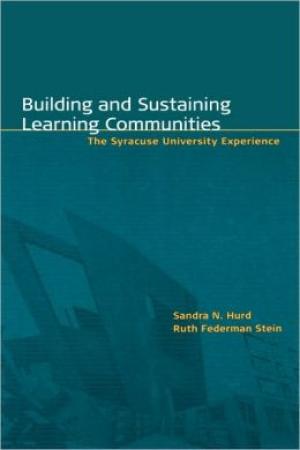
Learning communities are small groups of students who come together with faculty and student affairs professionals to engage in common learning experiences. In Building and Sustaining Learning Communities, the authors, along with many of their colleagues, describe the rationale for learning communities, particularly in a large university; the process for setting them up; and reflections on these unique environments. After reading this book, administrators and faculty members will know precisely why they are worth considering and how to successfully create them. (From the Publisher)